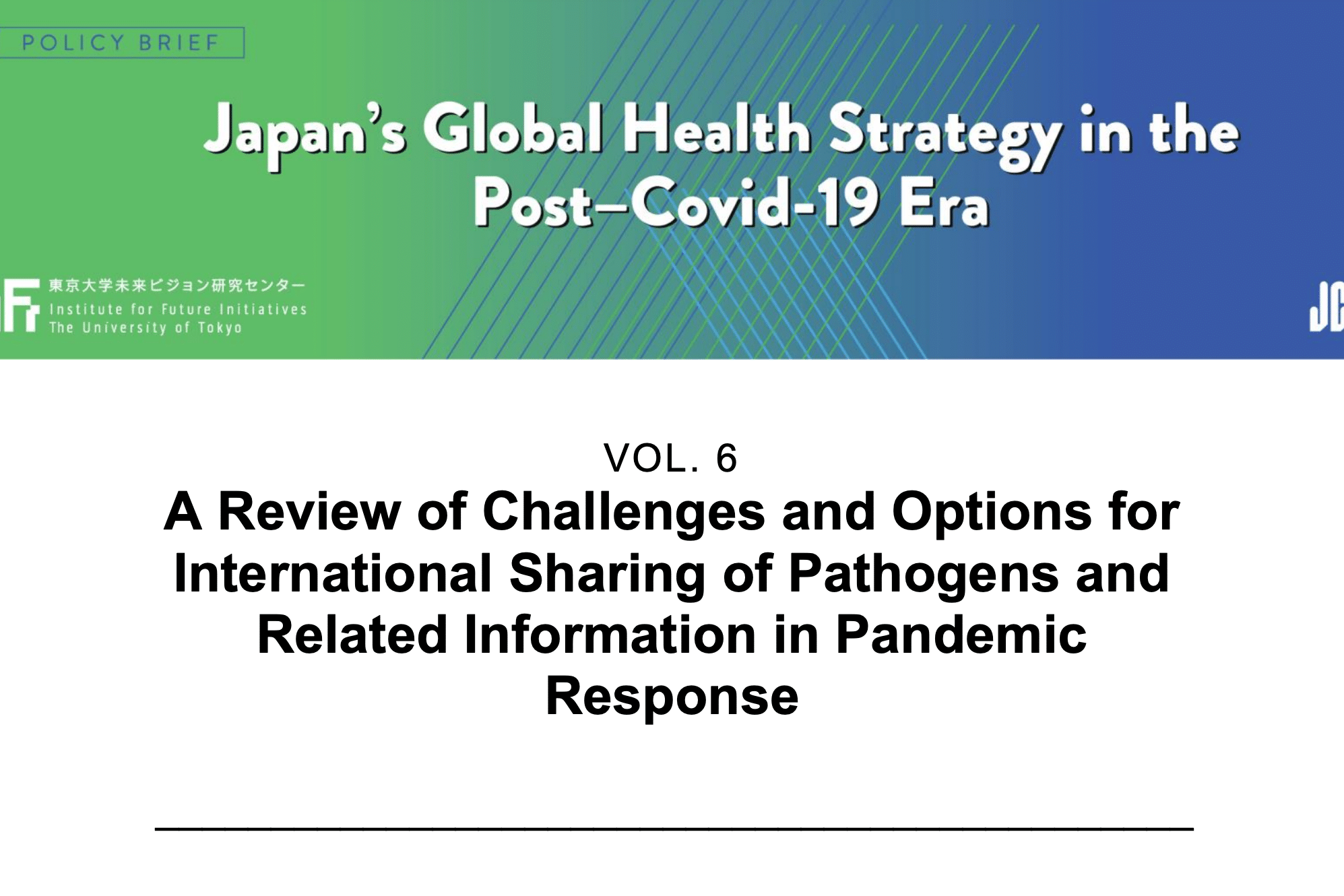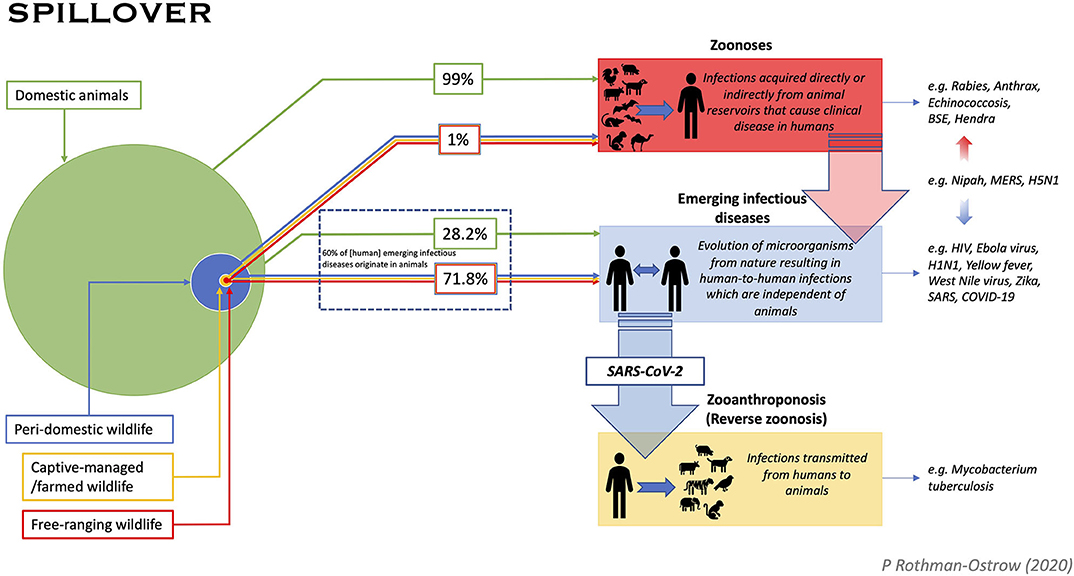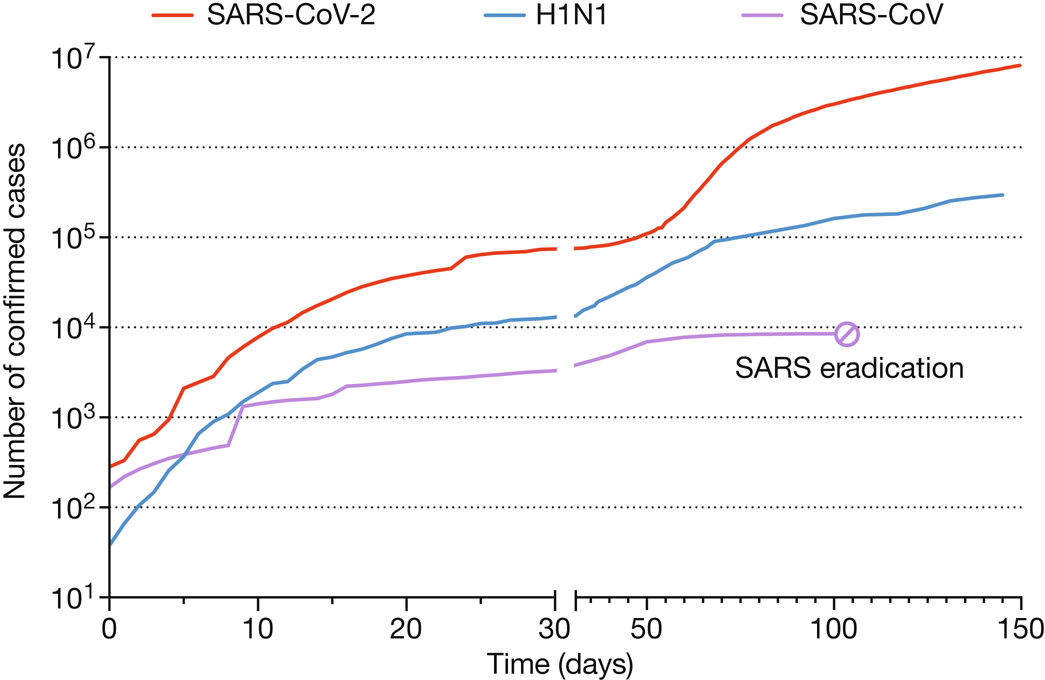Innovations in Pandemic Research: Advancing Global Health

Advancing Global Health: Innovations in Pandemic Research
In the ever-evolving landscape of global health, innovations in pandemic research stand as beacons of progress, offering new insights, strategies, and tools to address the challenges posed by infectious diseases.
Revolutionizing Diagnostics and Testing
One notable innovation in pandemic research is the revolutionizing of diagnostics and testing methods. Advanced technologies, such as rapid antigen tests and molecular diagnostics, enable quicker and more accurate identification of infectious agents. This innovation is instrumental in early detection, contact tracing, and effective containment strategies.
Vaccine Development Breakthroughs
The race for effective vaccines against emerging pathogens has witnessed
Future Pandemic Response Strategies: Building Resilient Preparedness

Building Resilient Preparedness: Future Pandemic Response Strategies
The challenges presented by pandemics underscore the critical need for forward-thinking and adaptive response strategies. In this exploration, we delve into the key components of future pandemic response strategies, emphasizing the importance of resilience and preparedness.
Learning from Past Pandemics
A fundamental aspect of shaping future pandemic response strategies lies in learning from the experiences of past pandemics. Analyzing historical outbreaks provides valuable insights into the dynamics of infectious diseases, the effectiveness of response measures, and areas that require improvement. These lessons form the foundation for building more resilient and adaptive strategies.
Integrated
Emerging Pathogens Pandemic: Preparedness and Response

Introduction
The threat of emerging pathogens triggering pandemics has become a focal point in global health discussions. This article delves into the challenges posed by emerging pathogens, the importance of preparedness, and the strategies required for an effective response.
Understanding Emerging Pathogens
Emerging pathogens, characterized by their newfound ability to infect humans or their potential for increased virulence, present a constant threat. Understanding the characteristics, origins, and transmission dynamics of these pathogens is crucial for devising effective preparedness plans. Vigilance and early detection are key components in mitigating the impact of an emerging pathogen.
Historical Perspectives on Pandemics
Examining historical
Forecasting Tomorrow: Anticipating Future Pandemics

Navigating the Unknown: Anticipating Future Pandemics
The realm of public health is an ever-evolving landscape, and the anticipation of future pandemics has become a critical aspect of global preparedness. As we navigate the complexities of infectious diseases, understanding the factors influencing their emergence and spread is crucial. Let’s delve into the strategies, technologies, and collaborative efforts aimed at anticipating and mitigating the impact of future pandemics.
Emerging Infectious Diseases: The Unpredictable Threat
Anticipating future pandemics begins with acknowledging the unpredictable nature of emerging infectious diseases. Pathogens can jump from animals to humans, mutate, or develop resistance, leading to the sudden
Future Pandemic Preparedness: Building Resilience Strategies

Building Resilience: Strategies for Future Pandemic Preparedness
The world has experienced the profound impact of pandemics, underscoring the critical need for future pandemic preparedness. As we face evolving threats, it becomes imperative to develop comprehensive strategies that not only respond to current challenges but also build resilience for the pandemics of tomorrow.
Learning from Past Pandemics
A crucial starting point for future pandemic preparedness is learning from the lessons of past pandemics. Historical outbreaks, such as the Spanish Flu and more recent events like the COVID-19 pandemic, provide valuable insights into the dynamics of infectious diseases. Understanding the patterns of
